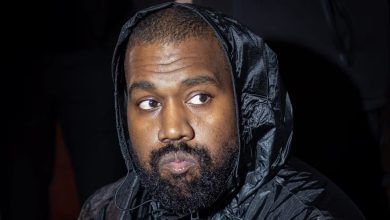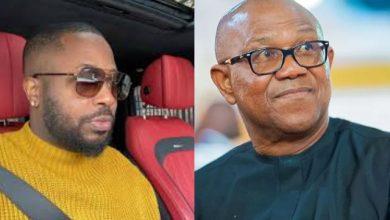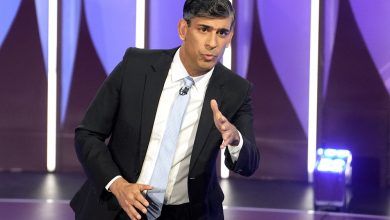
Daniel Bwala, the Special Adviser on Policy Communication to President Bola Tinubu, has issued a stark warning to the ruling All Progressives Congress (APC), alleging that Borno South Senator Ali Ndume has one foot out the door and is aligning with the opposition coalition gearing up for the 2027 presidential election.
Speaking during Sunday Politics on Channels Television, Bwala did not mince words about Ndume’s political loyalty:
“Senator Ali Ndume’s spirit and soul are with the coalition; it is his body that is in APC. He is already going,” Bwala said. “It is better the way (Nasir) el-Rufai did: just say I am leaving. You’d give more honour and credit to el-Rufai that he didn’t feel he could stay and be a snitch.”
The remarks come on the heels of Ndume’s sharp criticism of President Tinubu’s recent declaration of emergency rule in Rivers State. Ndume, the longest-serving senator in the National Assembly since 1999, had argued that if emergency rule were necessary at all, it should be declared on Nigeria’s security and economy — not politics.
Ndume also raised eyebrows by suggesting that Tinubu should be concerned about not having the support of former President Muhammadu Buhari. His comment coincided with a high-profile visit by former Vice President Atiku Abubakar, Labour Party’s Peter Obi, and other opposition figures to Buhari in Kaduna — a meeting that has further fueled speculation about a formidable opposition coalition ahead of 2027.
The opposition is coalescing around what many now dub an “anyone-but-Tinubu” movement. The March 20, 2025 announcement of a coalition between political heavyweights — Atiku, Obi, El-Rufai and others — marks one of the most significant inter-party alignments since the Fourth Republic began.
Their strategy seems clear: consolidate their collective electoral strength. In the 2023 presidential election, Atiku and Obi combined pulled over 12 million votes, outstripping the 8.7 million votes attributed to Tinubu, according to INEC’s final tally. Though they ran separately under PDP and LP, their new alignment aims to channel that voter base into a unified bloc.
Adding fuel to the fire is the Social Democratic Party (SDP), which is fast emerging as a haven for disaffected members of the APC, PDP, and LP. El-Rufai and some of his loyalists have already pitched their tent with the SDP, a move political observers see as an attempt to build a fresh platform untainted by the leadership crises that have plagued Nigeria’s major parties.
Though neither Atiku nor Obi has officially declared for the SDP, insiders suggest high-level discussions are ongoing. If confirmed, it would mark a dramatic reshuffling of Nigeria’s political deck ahead of the 2027 elections.
The APC is no stranger to internal rifts, but Bwala’s public callout of Ndume reveals deeper fractures within the ruling party. His warning to party chairman Abdullahi Ganduje comes as the APC faces discontent over economic hardship, rising inflation, and an increasingly restless populace.
With high-profile defections and opposition figures realigning, the Tinubu administration now faces a dual challenge — delivering on governance promises while managing intra-party dissent that could weaken its grip before 2027
Nigeria’s political landscape is entering a new phase marked by strategic realignments, unlikely alliances, and a growing hunger for change. Whether these new coalitions can overcome the baggage of past rivalries and forge a credible alternative remains to be seen — but one thing is clear: the road to 2027 will be anything but predictable.





